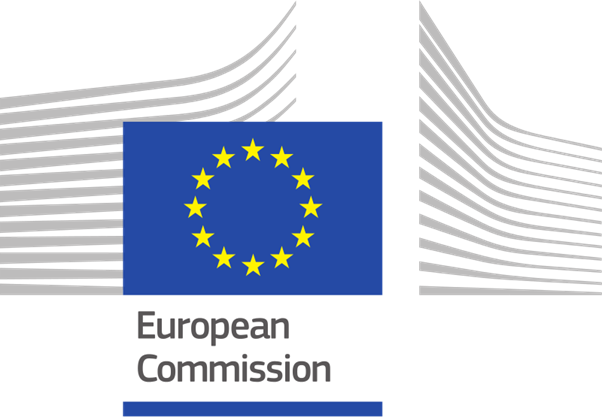Blame avoidance strategies on Twitter
This project is funded by the European Commission (Marie Curie Fellowship Scheme).
To appease citizens when unpopular policies are applied, some governments resort to a communication strategy named blame avoidance. The EU-funded BAIT (Blame Avoidance in Twitter) project will study how blame avoidance is used on Twitter, as an influential social media channel in wide use amongst politicians, activists and voters. The project focuses on Brexit, considering it a key example of how governments may react to serious blame risk. BAIT will identify the discursive features of blame avoidance used on Twitter, investigate how different forms of blame avoidance may affect people, and communicate the research findings to a wide-ranging audience.
This work was supported by Marie Sklodowska-Curie Individual Fellowship: Grant Number 891933.
Project team
- Ruth Page
- Dr Sten Hansson
Publications
- Hansson, S., & Page, R. (2022). Legitimation in government social media communication: The case of the Brexit department. Critical Discourse Studies. https://doi.org/10.1080/17405904.2022.2058971
- Hansson, S., & Page, R. (2022). Corpus-assisted analysis of legitimation strategies in government social media communication. Discourse & Communication, 16(5), 551-571. https://doi.org/10.1177/17504813221099202
- Hansson, S., Page, R., & Fuoli, M. (2022). Discursive strategies of blaming: The language of judgement and political protest online. Social Media + Society. https://doi.org/10.1177/20563051221138753
- Page, R. (2022). “What makes blame towards a government go viral in Twitter?” https://www.birmingham.ac.uk/news/2022/what-makes-blame-towards-a-government-go-viral-in-twitter
More information
Email: r.e.page@bham.ac.uk
